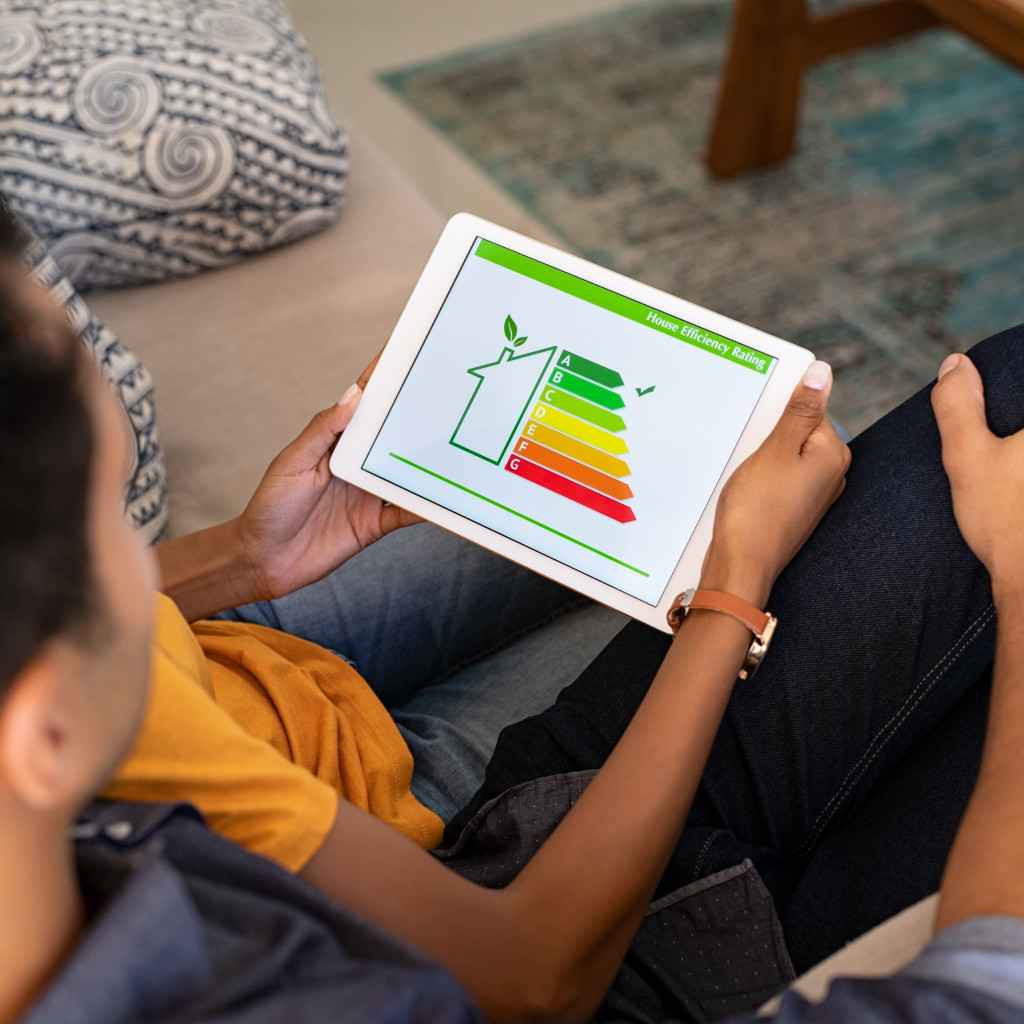There's a lot to think about when selling a house. This includes making sure you prepare all the necessary paperwork for your potential buyers, such as completing a property information form and providing details on elements such as fixtures and contents. We look at what documents are required and when, so you can best mitigate any issues with your sale.
If you’re selling a house, it’s a legal requirement to provide certain details about the property in order that your buyer can make an informed decision about the purchase. The volume of paperwork can feel daunting, especially if you haven't moved home for a while.
Your solicitor is on hand to help. They will send you the relevant forms to complete and will also let you know what other documents you need to make available. It’s a good idea to contact them as early in the process as possible, so you can check what you need to do and allow yourself plenty of time to gather the relevant information.
Key documents when selling a house include:
- the property information form (TA6)
- a fittings and contents form (TA10)
- a leasehold information form (when selling a leasehold property)
- Energy Performance Certificate
Your solicitor will also need to request any title deeds that may be held by a mortgage lender.
What is the property information form?
The property information form (TA6) gives information about the property, including details such as:
- property boundaries and who assumes responsibility for these
- any existing or potential disputes
- any alterations or changes that have been made to the property
- environmental matters affecting the property, such as flood risks or the presence of Japanese knotweed
- parking arrangements
- connection to utilities and services
The property information form is provided to the buyer’s solicitor along with the draft contract and Land Registry title documents.
What is the fittings and contents form?
The fittings and contents form (TA10) provides a comprehensive list of all the items included in the sale, so the buyer is clear about what will remain with the property and what you will be taking with you. There may be some negotiation on what items are included in the sale.
This includes:
- Fixtures - permanent items attached to the property, such as bathroom suites, fireplaces, kitchen units etc.
- Fittings - moveable items, such as carpets, curtains, white goods and furniture.
It's important to complete the fittings and contents form carefully as this becomes legally binding once contracts are exchanged (the form is attached to the contract).
What is the leasehold information form?
The leasehold information form (TA7) provides key details for the buyer on aspects of the leasehold, such as:
- the remaining time on the lease
- what ground rent and service charges apply to the property
- who is responsible for maintenance of the property
- who manages the building
The form must be completed in addition to the property information form (TA6). You will also need to provide any documents relevant to the lease, such as the insurance policy and invoices/receipts for ground rent, maintenance or service charges.
What is the Energy Performance Certificate?
It is a legal requirement for all residential properties placed on the open market to have an energy performance certificate (EPC). This shows how energy efficient a property is, providing a rating from A (best) to G (worst) and giving details on typical energy costs.
An EPC is valid for 10 years so you may already have this. If you do not, you can check on the central EPC register to download a copy of the EPC for your property if indeed one exists.
If you don't already have an EPC, your estate agent will normally arrange for this to be carried out on your behalf, but your solicitors can also do this if needed. The certificate must be available at the point your estate agent advertises the property for sale.
What other documents do you need when selling your house?
Depending on your property, you may need to provide additional information for prospective buyers. This includes planning permission for any major work carried out and relevant guarantees/warranties for subsidence or damp.
Your estate agent and solicitor should confirm with you what other paperwork is relevant for your sale.
Tips for completing your property paperwork
Get started as soon as possible!
The earlier you can complete the paperwork, the better. Some of the information is required so your estate agent can create accurate marketing information for the property. It also speeds up the process once you have accepted an offer on the property.
Provide accurate information
The various forms and documents are used by your buyer and their solicitor to help decide whether to go ahead with the purchase of the property. It's therefore vital you answer questions honestly and supply all relevant details from the outset.
Read the guidance notes for each form
There are detailed guidance notes at the beginning of each form, so take the time to read through these before you start. These provide information to help you understand what's being asked and may give examples of what to include in your answers.
Seek legal advice
Your solicitor can advise you if you're not sure what information you need to provide or if your situation is more complex. You must also let your solicitor know if you need to alter any of your answers once the form has been completed, including if you become aware of any new information.
How can Tozers help?
We understand the conveyancing process can feel overwhelming when selling your house. Our residential property solicitors are on hand to help you reach completion with the minimum of fuss.
We advise on all aspects of selling a house, including the completion of the relevant documents and what you can do to avoid potential pitfalls to ensure everything goes smoothly.
If you’d like to find out more, you can request a conveyancing quote online or contact us to speak to a member of the team.
The Tozers residential property team has built a strong reputation in Devon, offering an efficient and comprehensive conveyancing process for everyone from first time buyers looking for guidance through to commercial investors wanting to get the deal done.





